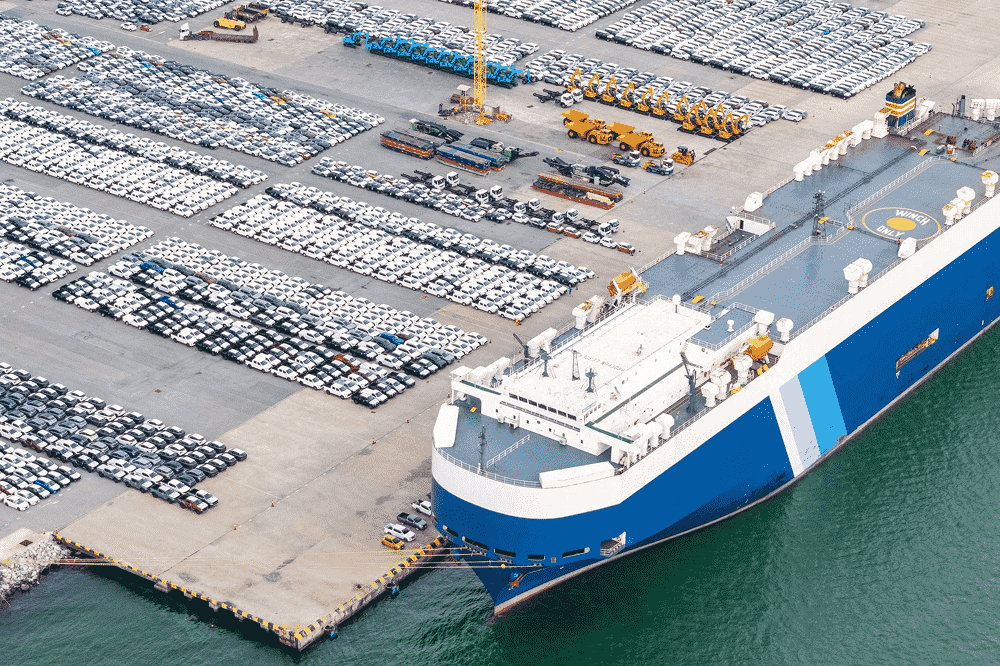Cargo Vessel Baltic Wind Runs Aground in Isefjord, No Pollution Reported
The cargo vessel Baltic Wind ran aground in Denmark’s Isefjord after leaving the navigation channel. No injuries or pollution were reported, and salvage planning is underway.

Shippers Worldwide Nexus Logistics and International Wood Group have lodged fresh Federal Maritime Commission (FMC) complaints against Wallenius Wilhelmsen (WW) and DB Schenker USA, underscoring persistent documentation failings in ro-ro and container trades.
According to gcaptain, Worldwide Nexus is seeking $240,900 in compensation after Peruvian authorities seized a ro-ro shipment en route to Chile via Peru in late 2023. The complaint alleges WW failed to provide critical in-transit documentation, including the Peruvian cargo manifest, despite initially acknowledging responsibility and offering settlement—only to withdraw it without explanation.
Meanwhile, International Wood Group filed claims against DB Schenker USA totaling $168,959, citing multiple instances between 2024 and early 2025 where inaccurate shipping documents—ranging from bills of lading to weight figures and packing lists—caused delays and costs. IWG has also requested FMC-mandated improvements to DB Schenker’s internal documentation and compliance procedures.
These fresh filings arrive on the heels of two of the largest FMC claims to date, where Ocean Network Express (ONE) faces $18.1 million, and Yang Ming another $14.7 million lawsuit—highlighting how documentation errors continue to exact steep financial tolls across the industry.
The newest cases signal that even in a post-pandemic era, operational lapses persist—and that their consequences are escalating. The FMC typically holds documentation failures to high standards, and corrective action or internal policy revamps are not uncommon outcomes when violations recur.
These complaints spotlight how lapses in documentation—whether incomplete manifests or erroneous bills of lading—can cascade into customs seizures, costly delays, and regulatory scrutiny. For operators, the message is clear: rigorous documentation protocols and transparent client communication are no longer optional but central to freight reliability and risk management.